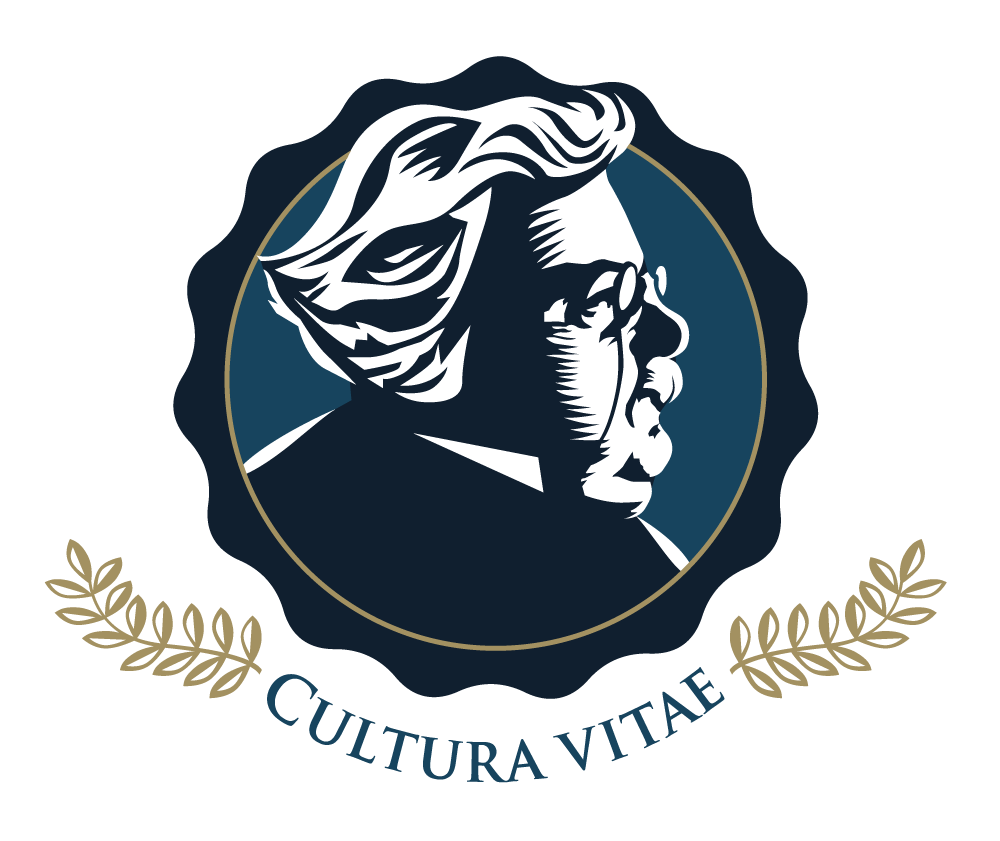Philosophy 09 -Introduction to Philosophy
“The more human beings know reality and the world, the more they know themselves in their uniqueness, and with that there presses upon them the urgent desire to find out the meaning of reality and of our existence.” Our experience of the world awakens in us “the fundamental questions which pervade human life: Who am I? Where have I come from and where am I going? Why is there evil? What is there after this life? In fact, the answer given to these questions decides the direction which people seek to give to their lives.”(St. John Paul II, Fides et Ratio). The Freshman Year Philosophy course invites students to join the millennia long tradition in the search for truth. The pre-Socratic philosophers were the first to look at the world in a philosophical way—searching for the ultimate truth or cause of things. This search was continued by the greatest of the Greek philosophers–Socrates, Plato, and Aristotle. Students are asked to enter into this search, to learn not simply about philosophy but how to do it. They learn by asking these fundamental questions for themselves. Through exploring the work of these philosophers, students begin to formulate a response to the fundamental questions of human life. Moreover, they will learn the foundational principles of logic and the most common fallacies that are found in man’s reasoning. Ultimately, philosophy is about the “love of wisdom.” This course lays the foundation for students to be not only critical thinkers, but lovers of wisdom and searchers for Truth.
Philosophy 10 - Foundations of Medieval Philosophy
For millennia man has grappled with life’s deepest questions. Is the soul immortal? How should a human society be governed? What things actually exist? What is virtue? These questions and many more were first posed in recorded history by Socrates, Plato, and Aristotle and the world has never been the same since. This course invites students to enter the discussion in the quest for what is True, Good, and Beautiful. Indeed, the thought of Plato and Aristotle sets the stage for not only Roman and Medieval culture but all of Western civilization. Through dialogue and lecture students are challenged to apply the philosophic tools of their freshman course as they ponder the fascinating thought world of virtue and vice, citizen and slave, politics and religion, the material world and the immortal soul.
Philosophy 11 - Scholasticism and Early Modern Philosophy
Philosophy 12 - Modern Philosophy
Are faith and reason really at odds? Scholastic philosophers didn’t think so and it was during this age that the greatest synthesis was achieved between religion and philosophy –faith and reason. Not until later, around the birth of early modern philosophy, were the seeds planted for the contemporary divorce between faith and reason. Building upon the first two philosophy courses, Philosophy 11 continues the quest for truth by studying the influential works such as those of Thomas Aquinas, Duns Scotus, William of Ockham, Niccolò Machiavelli, René Descartes, and Thomas Hobbes. By studying the scholastic works, especially those of Thomas Aquinas, new avenues of inquiry are opened by faith, seeking understanding in the Church’s most successful philosophical tradition, medieval scholasticism. As students move to the early modern philosophers, they encounter the foundation of modern political theory, the beginning of scientific skepticism, and the modern philosophic project in general.
Liberty. Rights. Happiness. Democracy. These are words we are all used to hearing so often that they have become part of our national consciousness. However, too often they are neither examined nor questioned. Without even thinking about it we all use theideas and concepts developed by modern political philosophers in the 19th and 20th century. In this capstone course students are asked to muster all the powers of their intellect as they navigate the dynamic and sometimes deep waters of political thought on the European continent as it emerges after the time of the Enlightenment. Special attention is given to the political philosophy and economics of influential thinkers such as John Locke, Jean-Jacques Rousseau, Adam Smith, and Karl Marx. Just as important and relevant today is the Catholic response to these new ideas. Therefore, the encyclical Rerum Novarumand G.K. Chesterton’s idea of distributism are also studied as they relate to the revolutionary changes of the preceding centuries.
